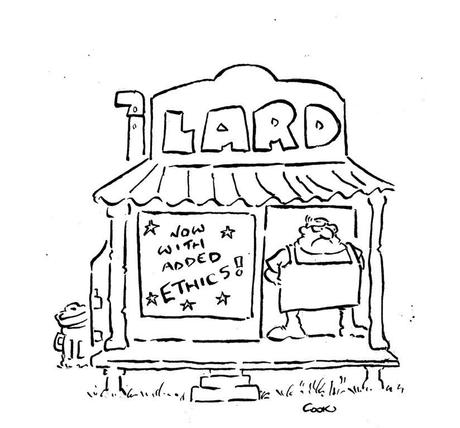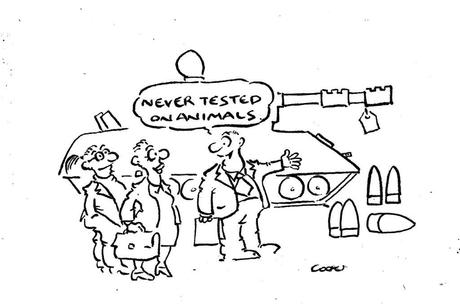
 Has Covid Brought Them Closer?
Has Covid Brought Them Closer?
Shareholder Value is like a strategic grandparent, supported by old-fashioned common sense that if you don’t maintain or increase value for shareholders — whether there’s one or many — you may eventually go broke. That means layoffs, bankruptcies, possibly recessions and a fall in society’s general wellbeing.
Stakeholder Value — probably more attractive to today’s children — pursues the same result in reverse. By focusing on the welfare of all stakeholders — that’s employees, customers, suppliers and the community — you build a more resilient business, one that more easily survives the ups and down of the economic cycle and ultimately creates more value for all.

These initiatives can rank behind shareholder value in an environment characterised by quarterly earnings updates and remuneration structures tied to the bottom line. But there’s a shift occurring.
The power of an unlikely combo

For workers and community, rewards include no commute and the consequent savings, plus more free time to deal with everything from an injury or illness through to babysitting grandchildren. People can live wherever they want, work the hours that suit, are free to choose lifestyle preferences and perhaps reside in lower cost locations. Not surprisingly, there’s evidence WFH reduces attrition rates, curbing business disruption and staff turnover costs.

Covid-related developments can suggest odd stakeholder initiatives. Payday lending and credit card debt has surged as workers struggle with unforeseen expenses. One SME owner offered his own solution. ‘Why do my people have to borrow short-term money at outrageous interest rates when I’m happy to lend them a reasonable amount and deduct modest instalments from their salary myself.’ Even the 1% fee he charges would be a better deal for them — and also more than his business can earn from a bank.

Shareholders will like that. They’re stakeholders too.

